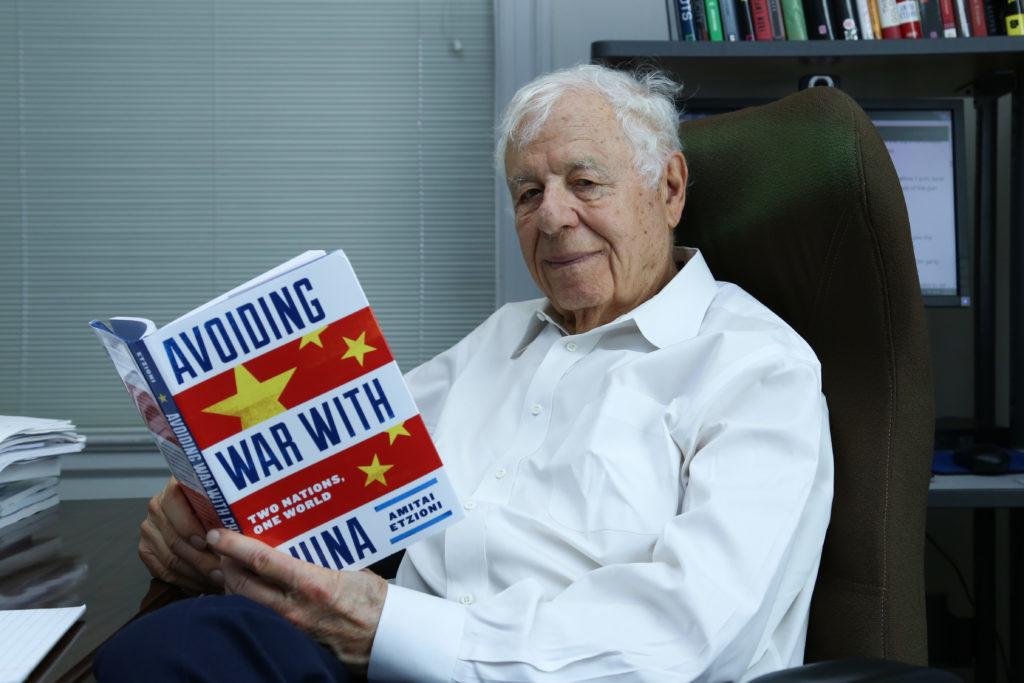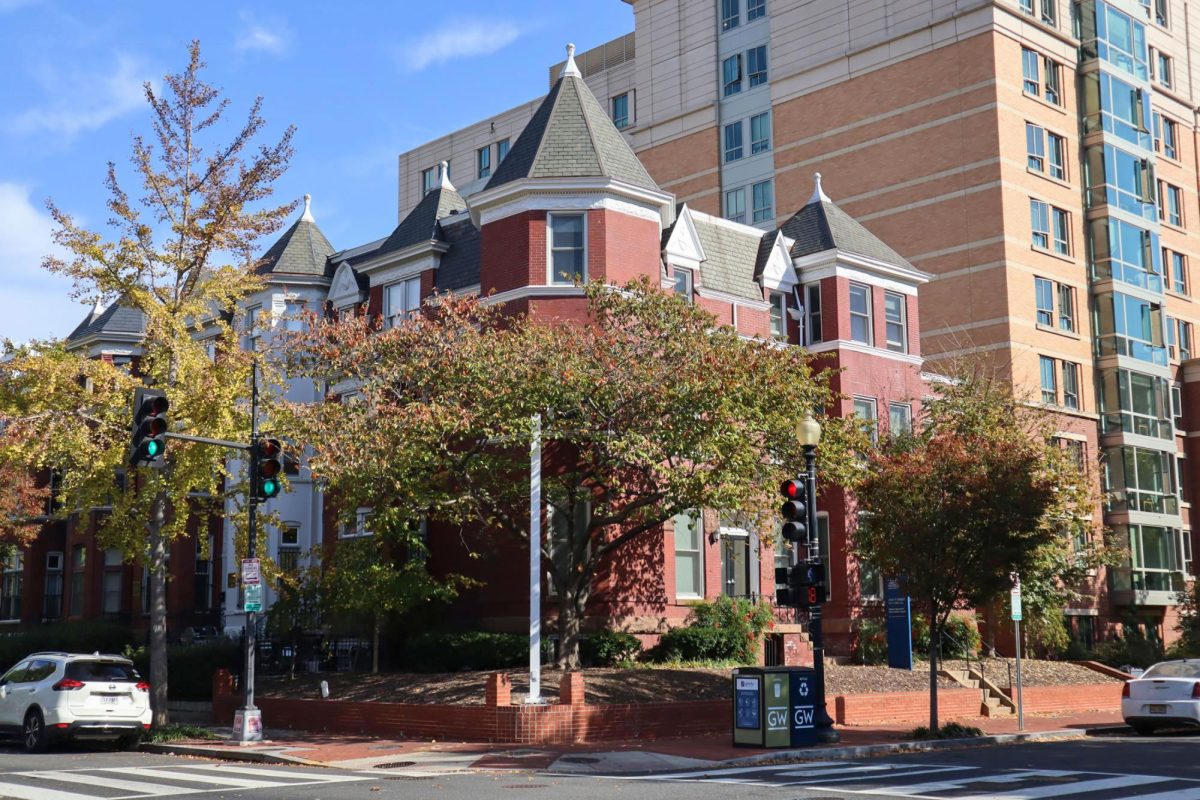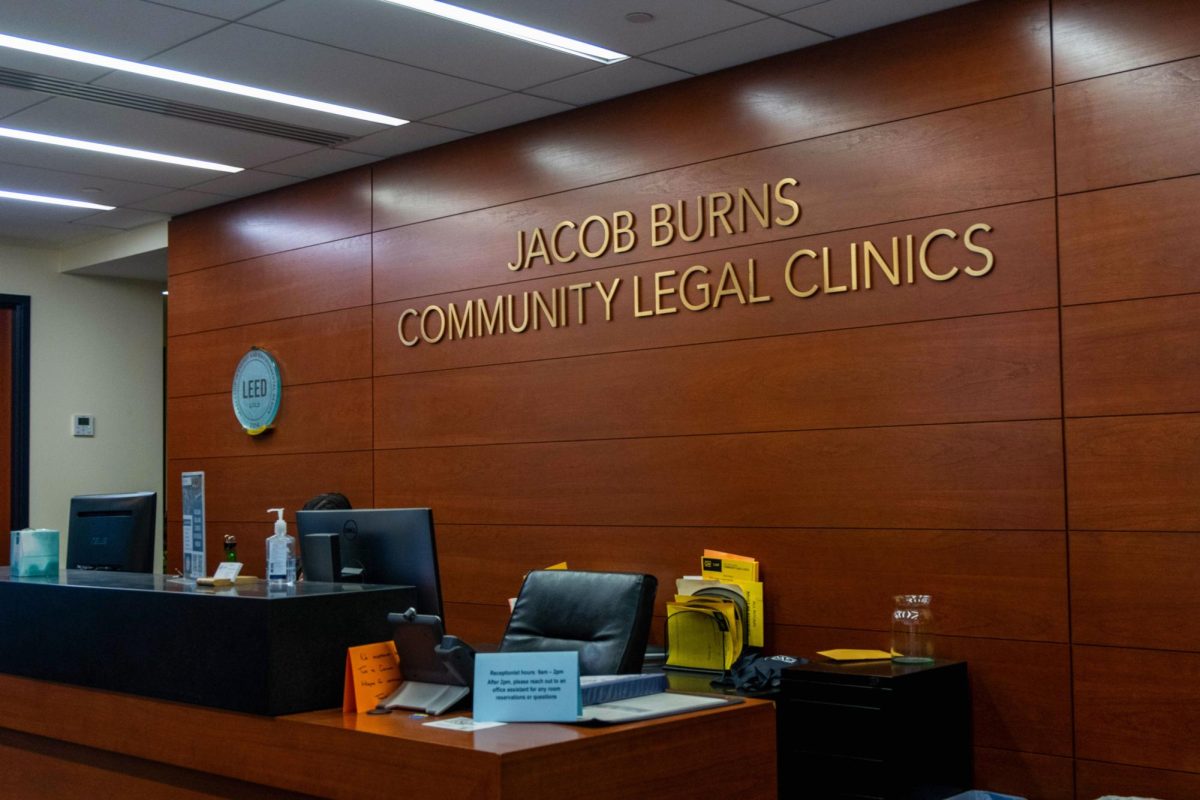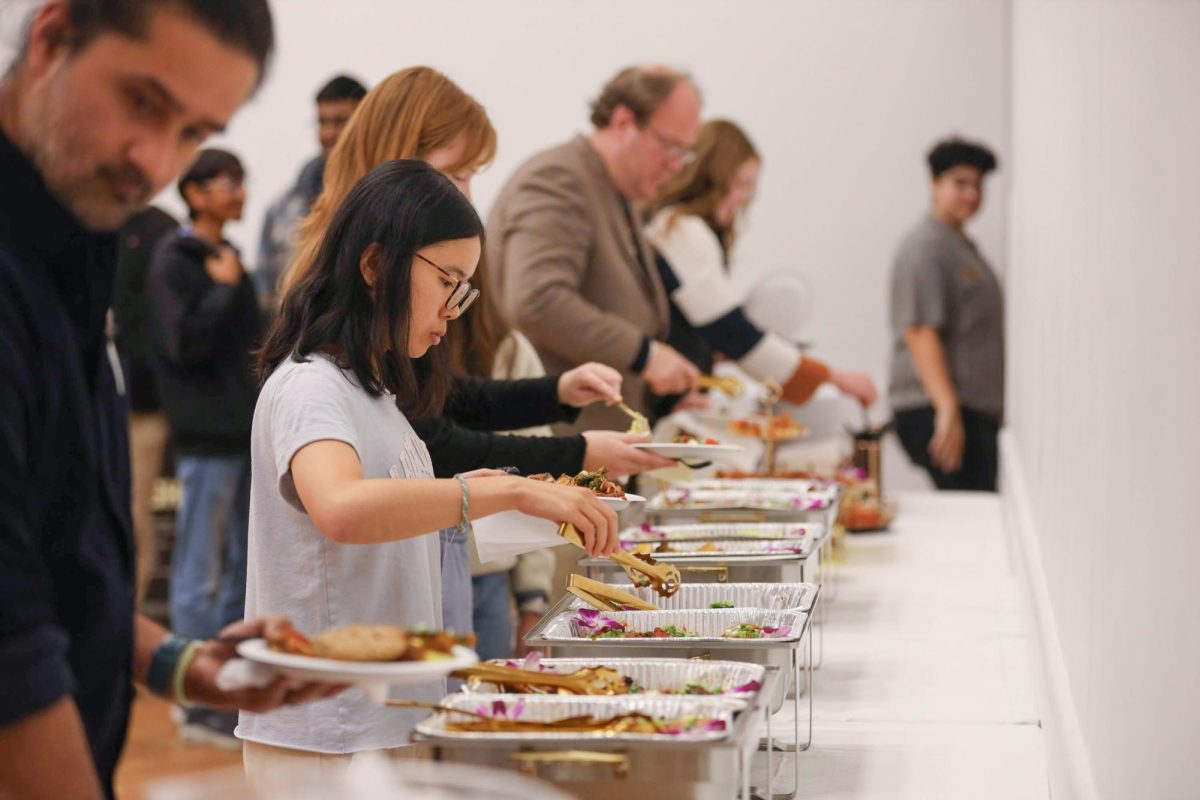Amitai Etzioni, a professor of international affairs, the director of GW’s Institute for Communitarian Policy Studies and a former White House senior advisor, died in D.C. last week. He was 94.
Etzioni began teaching international affairs at the University in 1980 where he earned the first University Professor title, a tenured position awarded to select professors with research and scholarship at the forefront of their field, according to the Elliott School of International Affairs’ faculty information page. He also directed GW’s Institute for Communitarian Policy Studies, a research organization that produces publications on global policy issues to educate the public on social responsibilities and advocate for individual moral action, according to the faculty information page.
Etzioni was born in Cologne, Germany in 1929 and at the age of six fled from Nazi persecution with his family to Athens and then Palestine, where he changed his name from Werner Falk to Amitai Etzioni, according to an obituary by the New York Times last week. He fought in Israel’s War of Independence as a brigade commander for the Palmach in 1948, an underground defense organization that fought to protect Jewish Palestinians from potential Nazi occupation and Abab threats, according to the Times report.
Etzioni earned a bachelor’s degree in sociology from the Hebrew University of Jerusalem in 1954 and a master’s degree in sociology in 1956, according to the Times report. He then moved to the United States in 1957 where he earned a doctorate in sociology from the University of California at Berkeley in 1958, according to the Times report.
Before coming to the University, Etzioni taught sociology at Columbia University from 1958 to 1978 and served as the chairman of Columbia’s Institute for War and Peace Studies from 1969 to 1978, according to the Times report. He then served as a senior advisor to President Jimmy Carter from 1979 to 1980.
Scholars recognize Etzioni for “fathering” the Communitarian movement in the 1990s, which promotes collective responsibility and a political middle ground through an emphasis on the value of community and an individual’s moral responsibility to participate, according to the Times report. The Times report states that he established the “Communitarian Platform” — which advocates for social reform and the role that family plays in individual morality — and advocated for the ideology through the creation of the Communitarian Network, which connects scholars studying and publishing on communitarianism, publications and other forms of media.
The New Statesman, a British magazine that covers global news, said Etzioni’s work advocating for communitarian ideas is referenced in Western political debates in an article published in 1997, according to the Times report.
“His communitarian movement, founded in 1990 by a handful of academics, has grown into a body of work and attitudes that have inserted themselves everywhere into the policy debates of the U.S., the U.K. and more widely, and it has achieved for Etzioni the status of a modern seer,” The New Statesman reported.
Etzioni also served as the founding president of the International Society for the Advancement of Socio-Economics, an international organization that supports research in political economy and economic sociology, in 1989, according to his faculty information page. Etzioni was also the 86th president of the American Sociological Association in 1995, a national membership society to promote sociological scholarship and advocate for policy issues that impact the discipline, according to the association’s archives of past presidents.
Etzioni wrote more than 30 books including “The Active Society: A Theory of Societal and Political Processes,” which he published in 1968 and analyzes societal problems using modern sociology and humanities concepts and “The New Golden Rule,” which he published in 1996 and advocates for the communitarian notion of balancing individual and social pursuits, according to the Times report.
Etzioni is survived by his sons David, Ethan, Oran and Benjamin, his stepson Clif Kellogg, his stepdaughter Tamara Kellogg, 11 grandchildren and two step-granddaughters, according to the Times report. Memorial services were held in Virginia last week, according to an obituary by the Washington Post last week.










